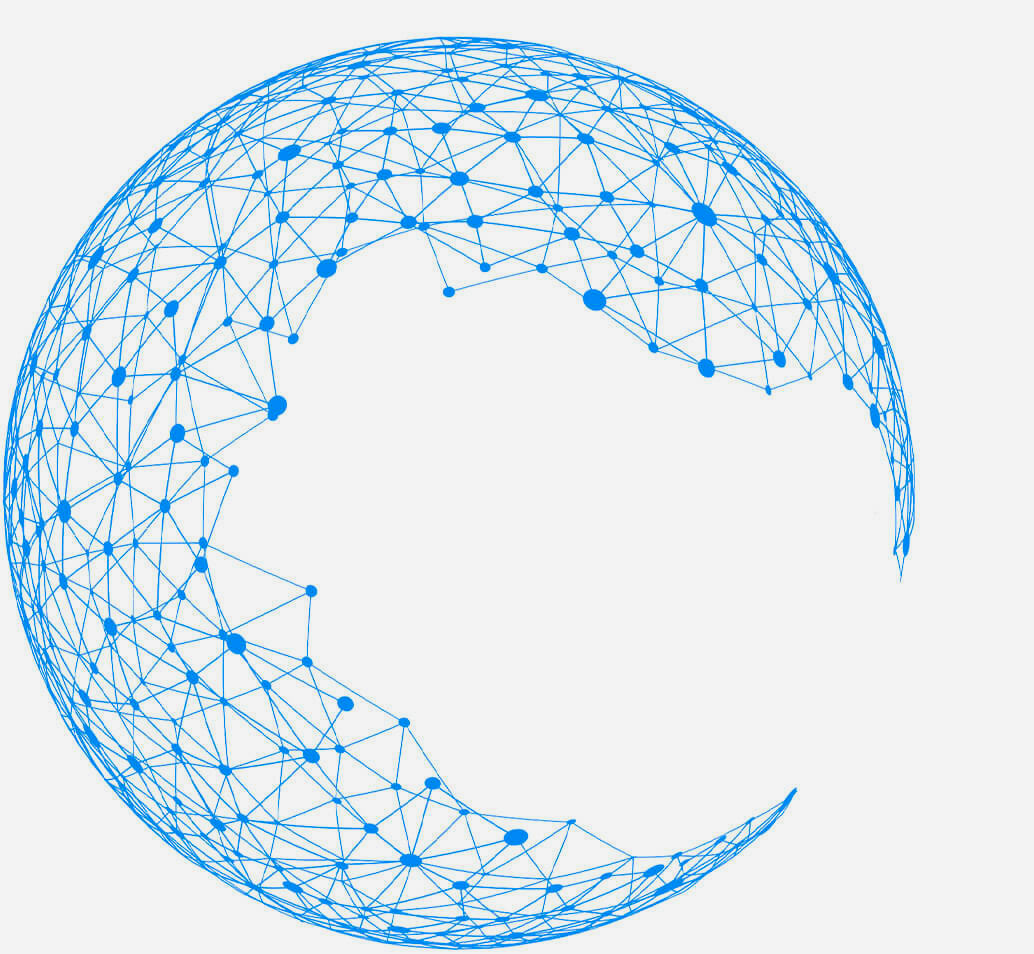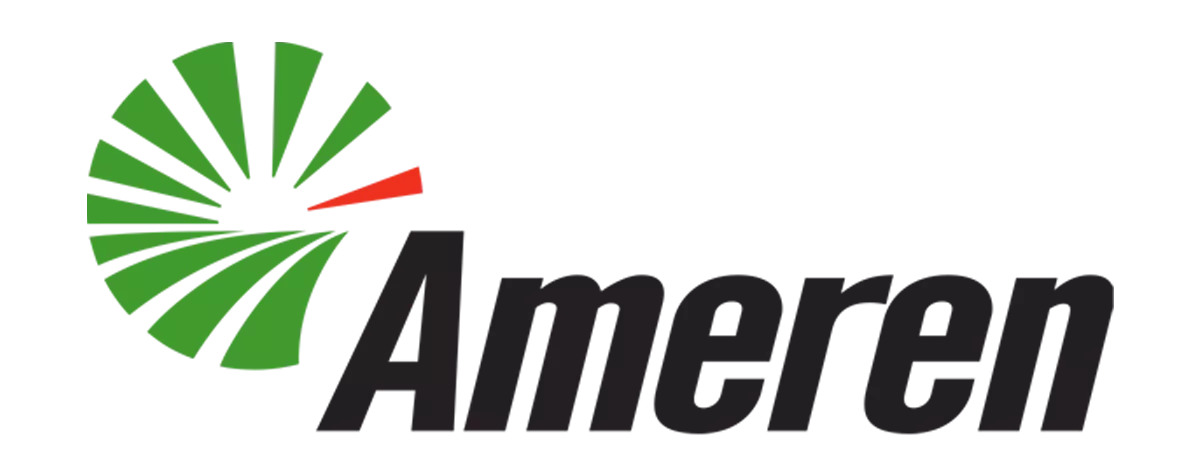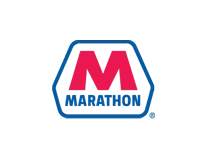-
The platform does everything we’d want it to do. It is simple to use, the development team has been receptive to suggestions and the customer service is outstanding.
Sr. Product Design EngineerTop Utility Located in the Upper Midwest
-
Irth has consistently helped our company save millions of dollars a year by vastly reducing the number of crews we need to dispatch to our 811 locates.
VP of OperationsFortune 500 Telecommunications
-
I use this platform on an everyday basis. It is a very user-friendly tool. Dashboards, reporting, mapping and much more. The field locators tell me every week that they wish we had started using it long ago.
Regulatory Compliance EngineerTop Utility Located in the Southeast
-
This platform has taken our pipeline division from several manual paper/Excel processes to an automated, digital platform. Reports are easier to run, the platform is surprisingly flexible and customer support is wonderful.
Sr. Director of Operations and EngineeringFortune 500 Energy Company
Platform Overview
For decades, we have been leveraging the latest technology to assist our customers in ensuring the safety, resiliency, and reliability of their critical network infrastructure. We offer a wide range of features and technical capabilities encompassing damage prevention, risk analysis, and network infrastructure asset protection, all integrated into a powerful platform.



811 Ticket Management’s Gold Mine: Data
With Bhupinder Singh, Irth Solutions Board of Director and principal at InTwin Insights


A former boss of mine would ask this question: How do you turn a digital landfill into a digital gold mine? After more than three decades in software engineering and as principal of InTwin Insights, a digital transformation services provider for the infrastructure industry, I can unequivocally say the answer is by extracting value from your data.
Most companies aren’t mining their data effectively, especially from their 811 ticket management systems.
Data fuels new technologies
Too many companies collect data but end up wasting it. Others get enamored with machine learning and artificial intelligence but don’t have the data to fuel insights.
You can salvage data from the digital landfill by leveraging years of data with the right technology and data strategy.
Resilience and safety start with having control of your data. Once you have a bedrock of data, you can apply data strategy and learning techniques to gain:
- Hindsight: Once there’s already been a failure, you can revisit what happened and why by looking at the data.
- Insight: The data can help you understand why something is happening.
- Foresight: Predict what could happen by analyzing data.
These learnings are only possible from a foundation of structured and unstructured data.
Types of data
While you might value your 811 ticket management system for managing your one call center tickets, the data it collects during damage prevention activities such as locate audits and field meets makes it truly valuable. Here are the types of data:
Structured data
Structured or quantitative data is information that is easily stored in a database. In your 811 ticket management system, examples of structured data include dates, addresses, phone numbers, and more. Machine learning algorithms can quickly process structured data.
Semi-structured data
Even though semi-structured data isn’t organized into a database like structured data, there is associated information with it that makes it easier to process than raw data. NEED AN EXAMPLE FOR AN 811 TICKET MANAGEMENT SYSTEM
Unstructured data
Most data collected today is unstructured. This includes images and documents field workers upload to 811 ticket management systems and other information that isn’t easily stored in a database. It also includes text from email messages, Word documents, and more.
Dimensions of data: multiple or degrade its value
Data must meet criteria specific to your organizational needs for you to rely on it to make data-driven decisions. The dimensions of data include:
- Timeliness: Did you get the data at the right time? In some cases, it doesn’t matter if data is a week or a month old. However, other data, such as weather conditions, need to be real-time to be truly valuable.
- Completeness: If your data set isn’t comprehensive, its value to your organization diminishes.
- Quality: It’s paramount to have high data accuracy, especially in highly regulated industries such as energy and gas utilities.
- Interoperable: How easily can you make sense of the data within your current tools? Do you require a new system or program?
How utilities can use data from 811 tickets
When there is a lot of data, machines can recognize all sorts of objects. When there isn’t data, the insights are less robust. For example, an 811 ticket management system might have a dashboard that indicates a thumbs-up, thumbs-down, or sideways icon. Without further detail from the ticket management system, it’s impossible to determine what the next best action would be.
Imagine the resilience, efficiencies, and safety that result when a field crew inspects a site and updates the ticket straight into the digital tool and includes photographs or forms. Then the system can extrapolate insights to prevent damages in the future.
If the field crew had documented the leak they found when inspecting the San Bruno pipeline in a digital tool rather than on paper they never manually recorded in the system, the company could have fixed the leak and prevented the explosion and subsequent fire that cost eight people their lives, hospitalized 51 others, destroyed 38 homes, and caused more than $220 million in property damage.
An 811 ticket management system that makes it easy to update real-time data from the field and has decades of data to leverage has more potential for higher-value services that impact worker safety, damage prevention, risk management, and resilience.
Just like the smartwatches and rings that give us real-time information about our movement, sleep, and other indicators to enable deeper health insights, a utility operator wants to be on a path every day to get incrementally richer, deeper, more accurate data to make insights to prevent damage, mitigate risk, and enhance business processes.
Your 811 ticket management data is a gold mine
Your data is valuable. The more data you collect in a robust 811 ticket management system, the better equipped you are to operate safely in today’s quickly changing environment. Machine learning and artificial intelligence only work with a bedrock of valuable data that meet your organization’s needs for timeliness, completeness, quality, and interoperability. With historical data and a steady stream of new data from the field, you’re on your way to building efficiency, safety, and reliability.
About Bhupinder Singh
Bhupinder Singh has over 35 years of experience and a track record of delivering industry-leading software solutions for the infrastructure lifecycle, from design and construction to operations. He has a broad range of expertise from organizational strategy to product execution and spent his entire career on software for infrastructure. Bhupinder is passionate about how good infrastructure is directly related to good quality of life. As a principal at InTwin Insights, he has consulted for various companies, from owner-operators to software startups.
Irth's market-leading SaaS platform improves resilience and reduces risk in the sustainable delivery of essential services that millions of people and businesses rely on every day. Energy, utility, and telecom companies across the U.S. and Canada trust Irth for damage prevention, training, asset inspections, and land management solutions. Powered by business intelligence, analytics, and geospatial data, our platform helps deliver the 360-degree situational awareness needed to proactively mitigate and manage risk of critical network infrastructure in a changing environment. Irth has been the top provider for 811 (one call) ticket management and utility locating software since 1995.
© 2024 Irth Solutions, L.L.C. All rights reserved | Terms of Service | Privacy Policy














